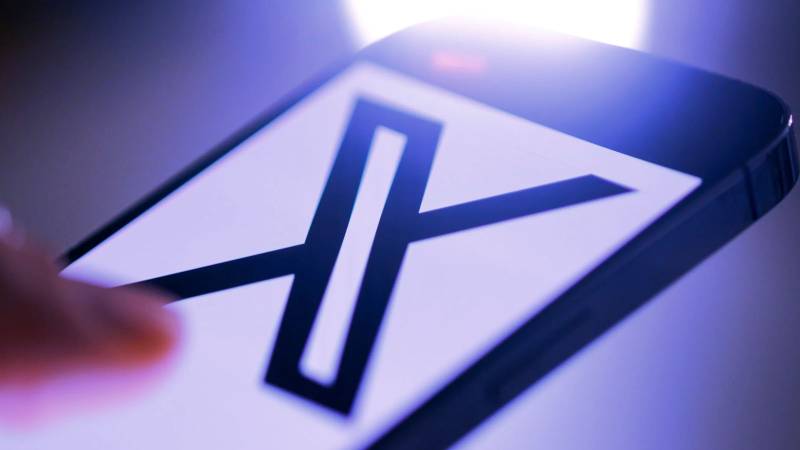
In New Zealand and the Philippines, as part of a new trial, Elon Musk's X, formerly known as Twitter, has begun charging new users $1 (£0.82) a year to access key services.
Among these are the options to tweet, retweet, favorite posts, and comment on postings.
The only things those who choose not to pay the monthly price may do are read posts, view videos, and follow accounts.
The goal, according to the social media site, is to "reduce spam, platform manipulation, and bot activity."
Although Musk has stated that it will still be free to create "read-only" accounts, which do not have crucial capabilities, new accounts will still need to authenticate their phone number.
The CEO of X, Tesla, and SpaceX hinted last month that all X users could need to pay for access.
Since Elon Musk paid $44 billion to acquire Twitter last year, its income has been declining steadily.
Although the firm has an obvious financial incentive to charge consumers, the controversial billionaire claims that the goal of charging users is to combat bots.
A bot only costs "a fraction of a penny" to construct, according to what he previously indicated. "But if somebody even has to pay a few dollars or something, some minor amount, the effective cost to bots is very high".
Longer postings and more exposure on the site are now paid-for extras available to X Premium customers of an upgraded service.
For $8 per month right now in the US, X Premium is still available to other users for free; however, the cost varies based on which nation a subscriber is located in.
Placing X behind a paywall carries the risk of the platform losing a significant portion of its consumers. The company's primary source of income at the moment, advertising revenue, might therefore decline.
The firm has recently been under investigation by the European Union for the potential dissemination of terrorist, violent, and hateful content following Hamas' attack on Israel.
Additionally, it was penalized by Australia's Internet Safety Commission for its lack of cooperation during an investigation into anti-child abuse policies.
